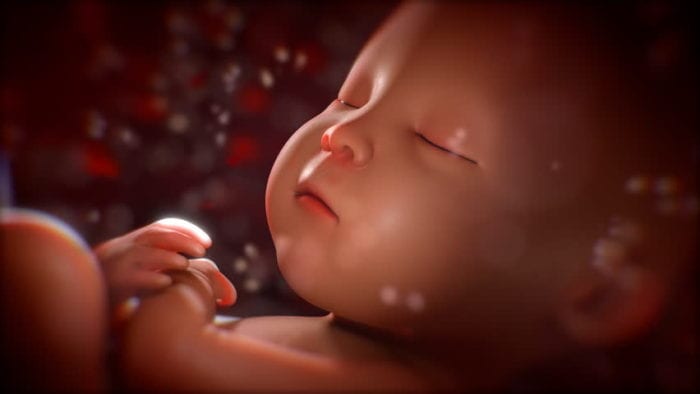Life Lines: Causality, coincidence and the unprovable coexist in our lives
By Elof Axel Carlson

We tend to generalize in making judgments about ourselves and others. Some claim they are self-made and promote their work ethic as the reason for their success. Some claim they are victims of circumstances over which they had limited control. Examples exist of people who have moved from rags to riches, and no one would blame victims of racial prejudice or the Holocaust for the misery they or their family members experienced.
In my own life I can think of many such events that have either made my life possible or significantly influenced it. My father told my brother and me that when his father was on a business trip from Stockholm, Sweden, to Hamburg, Germany, he was walking down a street when a German officer was walking directly toward him.
It was the custom there to step in the gutter to let a military officer have the right of way. My grandfather felt no such sense of obligation and felt his side of the road was appropriate for continuing his walk. The officer pulled out his sword and slapped my father’s face with it. The insult made him a pacifist, and that outlook was passed on to my father and to me. It also made him shorten his trip, and he went to Normandy to visit friends and relatives who had a summer house near the Baltic Sea.
There he met the young woman he eventually married, my grandmother, Amanda, who lived near Göteborg. I can say that I owe my existence to a slap in the face. My parents, too, met in a strange circumstance.
My mother was selling key rings on Broadway in Manhattan on a cold winter day. She entered a hotel entrance on 75th street to warm up, and the doorman told her to go downstairs to warm up in the employee’s room. There she met a Swedish elevator operator who was changing out of his uniform to go home. He took her to dinner and that began the courtship of my parents. I could say I owe my existence to a sympathetic doorman who felt compassion on a woman down on her luck.
When I was a graduate student at Indiana University, I met my wife Nedra, also by a curious circumstance. I had written letters to my parents and friends and lacked 3-cent stamps to mail them. I asked around and was told there was a girl who may have stamps who was usually working in a laboratory the floor above me. I knocked on the door and met a nervous undergraduate who did have stamps and I invited her to tea. When she did not come, I brought the tea to her. That was our first day of courtship. I could say that I owe my marriage to Nedra to a 3-cent stamp.
I do not doubt that such chance events play major roles in our lives. But most of our lives are under our control and shaped by habits and circumstances. We do not choose our partners randomly. Assortative mating is influenced by religion, race, ethnicity, social class, education, looks, personality and many other features that steer us toward or away from possible partners. Before the 20th century most marriages were arranged or required parental approval.
But it is not just social factors that determine how we come into this world. Each act of intercourse involves tens of millions of sperm. The odds of the one that made you on a particular day were not predictable when that sperm was in a testis or when it made its initial way to the cervix of the uterus and eventually to the oviduct where it would meet the egg that formed you.
That is quite a contrast to the injection of single sperm into an egg during a form of in vitro fertilization (IVF) used by infertile couples where the sperm has problems wiggling its tail or having the right surface proteins to recognize it is encountering an egg. In that case we get the paradoxical conclusion that the child born by the IVF procedure owes its existence to the father being sterile!
Life is filled with rare events, the overwhelming number of them not even being recognized as significant in our lives. At the same time society is so organized that much of what we do is planned and anticipated and goes essentially as we hoped it would.
Elof Axel Carlson is a distinguished teaching professor emeritus in the Department of Biochemistry and Cell Biology at Stony Brook University.







